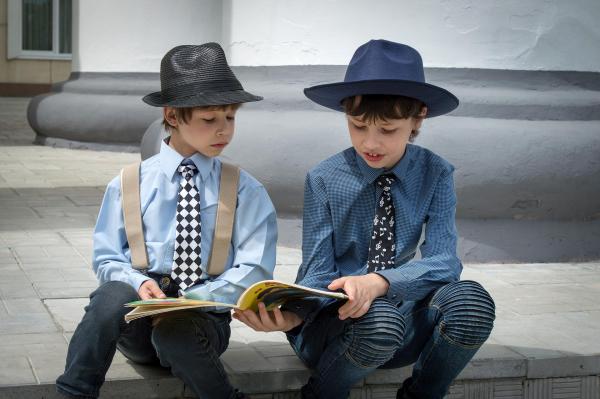Long before New York City was known as the Big Apple, it was called the Big Oyster. Oysters were abundant in NYC in the 1800s and were a staple “bar food,” like Avocado toast, although far less expensive.
“During the 1800s, the elite flocked to Downing’s Broad street oyster house for a slurp of his freshest catch—considered the best in the city. Downing, born to formerly enslaved parents, rubbed elbows with wealthy aristocrats and businessmen throughout his career and only served white patrons in his restaurant. Little did they know, he was hiding a dangerous secret in the basement.”
From Atlas Obscura, The Double Life of New York's Black Oyster King. By the way, the oyster beds protected New York Harbor from storm surges, breaking up the force of the water as it flowed over the rough surface the beds created. The latest plans to protect New York include recreating those surfaces.
You have to love a contrarian view.
“The key to really understanding temperance and prohibition history can be boiled down to one word: traffic. Generations of social reformers and activists – both in the United States and around the world – focused not on the alcohol in the bottle, nor on ‘other people’s habits’, but on what they called ‘the liquor traffic’: unscrupulous sellers who got people hopelessly addicted to liquor for their own profit. The difference between opposing liquor and the liquor traffic is subtle, but hugely important. Liquor is just the stuff in the bottle, but trafficking is about profit and predation; like human trafficking, diamond trafficking or the traffic in narcotics and opioids.”
Just the first paragraph helps me better understand our opioid crisis and the misdirected efforts of the CDC. Could it have been not the opioids that were the problem, but the trafficking, now called marketing, by “unscrupulous sellers?” Or consider this paragraph,
“Pioneering economists Ludwig von Mises, Friedrich Hayek and later Milton Friedman argued that any infringements of a citizen’s economic liberties – the right to buy, sell, and consume – were necessarily infringements upon their political liberties as well. As these doctrines moved into the mainstream with Thatcherism in the UK and Reaganomics in the US, for the past 40 years we’ve lived in a world where political liberties and economic freedoms have blurred together.”
Can this help us understand our political differences over lockdowns? From Aeon, an endlessly fascinating article, Freedom from liquor
Why ruin a good story with facts?
“Popeye loved his leafy greens and used them to obtain his super strength, Arbesman’s book explained, because the cartoon’s creators knew that spinach has a lot of iron. Indeed, the character would be a major evangelist for spinach in the 1930s, and it’s said he helped increase the green’s consumption in the U.S. by one-third. But this “fact” about the iron content of spinach was already on the verge of being obsolete, Arbesman said: In 1937, scientists realized that the original measurement of the iron in 100 grams of spinach — 35 milligrams — was off by a factor of 10. That’s because a German chemist named Erich von Wolff had misplaced a decimal point in his notebook back in 1870, and the goof persisted in the literature for more than half a century.”
Say it isn’t true, not Popeye. In fact, it isn’t true, but it seems to make a good tale. From 538, Who Will Debunk The Debunkers?
Finally, a bit of Talmudic Advice by way of Marginalia
From a child you can learn
1) to always to be happy;
2) never to sit idle;
3) to cry for everything you want.
From a thief, you can learn
1) to work at night;
2) that if you cannot gain what you want in one night to try again the next night;
3) to love your co-workers just as thieves love each other;
4) to be willing to risk your life even for a little thing;
5) not to attach too much value to things even though you have risked your life for them — just as a thief will resell a stolen article for a fraction of its real value;
6) to withstand all kinds of beatings and tortures but to remain what you are;
7) to believe that your work is worthwhile and not be willing to change it.
Hasidic rabbi Dov Baer, the Maggid of Mezeritch




